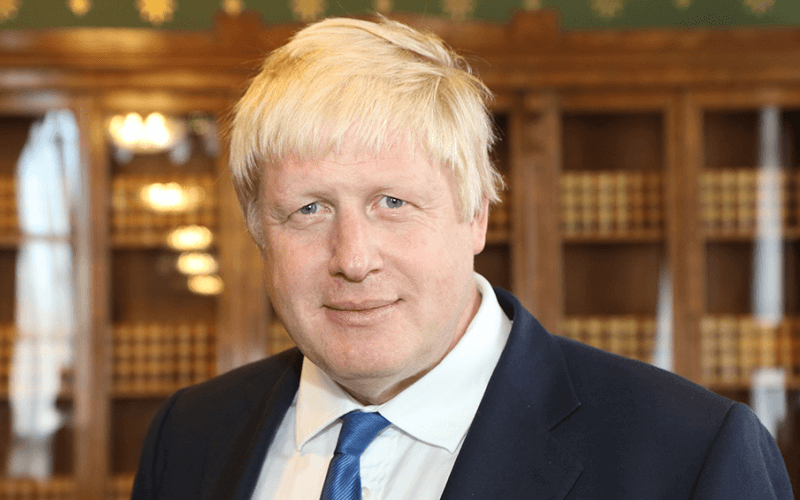Boris Johnson has refused to offer any long-term solution to the social care crisis in his party’s general election manifesto, despite insisting when he became prime minister that he had a “clear plan” for doing so.
Instead, the party has offered only future discussions with other parties to build a “cross-party consensus” on reform, following years of disagreement among politicians on how to fund the social care system.
It said this “consensus” would “bring forward an answer that solves the problem, commands the widest possible support, and stands the test of time”.
Only last month, a Tory cabinet minister admitted there was not even consensus within the government on how to solve the adult social care funding crisis, despite Johnson’s announcement in Downing Street in July.
Johnson (pictured) had said: “… and so I am announcing now – on the steps of Downing Street – that we will fix the crisis in social care once and for all with a clear plan we have prepared.”
But instead of a clear plan, the manifesto offers only £1 billion a year extra to fund the system in England, for 2021-22, 2022-23 and 2023-24 (an extra £1 billion for 2020-21 had already been announced).
The King’s Fund has said that this extra funding “is not enough to meet rising demand for care while maintaining the current quality and accessibility of services”.
The Tory manifesto also says that any long-term plan will have to ensure that “nobody needing care should be forced to sell their home to pay for it”.
When asked how the party justified further delays to social care reform; what had happened to Johnson’s “clear plan”; and whether the manifesto was a breach of Johnson’s promise when he became prime minister, the party repeated the policies laid out in the manifesto and said that putting social care on a sustainable footing was crucial.
The party told DNS that it had outlined a clear three-point plan to resolve the social care issue in the long term.
The government originally promised that a social care green paper would be published by the end of 2017, and then July last year, before delaying it to the autumn and then the end of 2018.
After missing the December 2018 deadline, it was delayed until “the earliest opportunity” in 2019, before health and social care secretary Matt Hancock told MPs it would be published by April.
Hancock then said he could only promise that it was “coming in due course”.
The green paper has yet to be published.
A note from the editor:
Please consider making a voluntary financial contribution to support the work of DNS and allow it to continue producing independent, carefully-researched news stories that focus on the lives and rights of disabled people and their user-led organisations.
Please do not contribute if you cannot afford to do so, and please note that DNS is not a charity. It is run and owned by disabled journalist John Pring and has been from its launch in April 2009.
Thank you for anything you can do to support the work of DNS…

 Elections watchdog criticises political parties for failing on accessible manifestos
Elections watchdog criticises political parties for failing on accessible manifestos Budget failed on addressing systemic challenges facing disabled people, Treasury is told
Budget failed on addressing systemic challenges facing disabled people, Treasury is told Regulator’s state of the nation report stays almost silent on safety and quality of adult social care
Regulator’s state of the nation report stays almost silent on safety and quality of adult social care